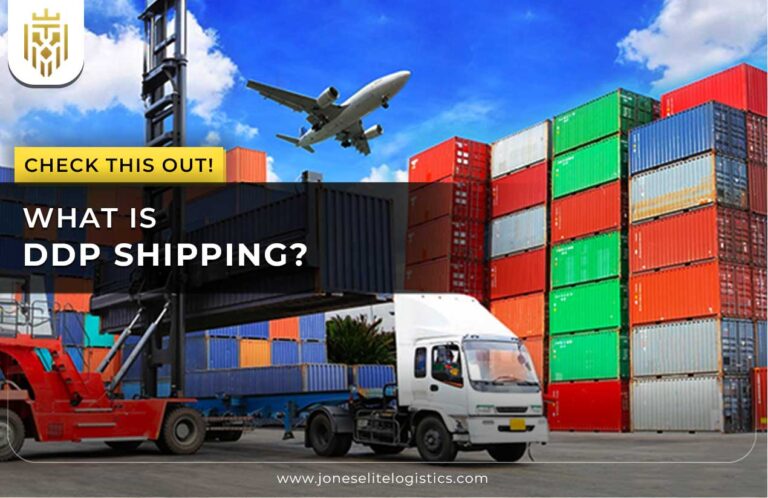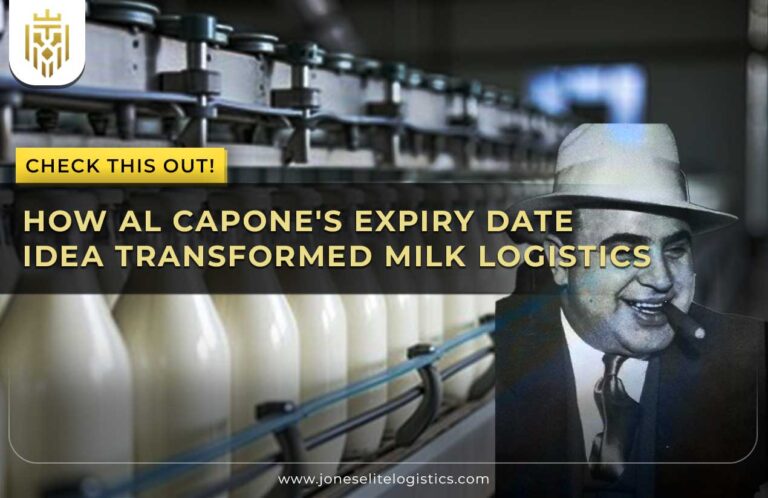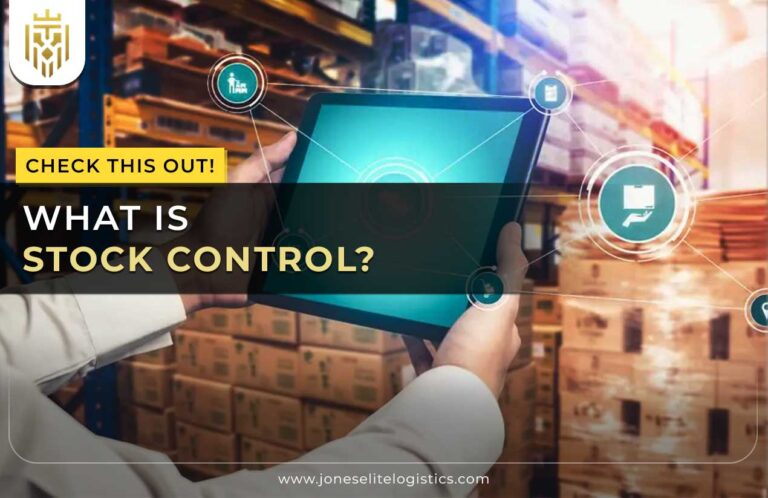What is E-Commerce Supply Chain Management?
E-commerce supply chain management enables the overseeing of logistics processes for online stores, including procurement, manufacturing, inventory management, warehousing, order fulfilment, and last-mile delivery. It ensures timely delivery of products to customers while minimizing costs and meeting their expectations, forming the backbone of supply chain management and ecommerce operations. Understanding what is supply chain in e-commerce is crucial for businesses to remain competitive in the fast-paced digital marketplace.

How does E-commerce Supply Chain Work?
E-commerce supply chain management coordinates the flow of goods from suppliers to consumers, focusing on efficient order fulfilment, inventory management, and logistics. By leveraging technology, it enhances operations and customer satisfaction, highlighting the role of e-commerce in supply chain management. A well-structured ecommerce supply chain ensures products reach customers promptly, fostering loyalty and repeat purchases.
Components of E-Commerce Supply Chain:
The components of an e-commerce supply chain include sourcing, production, logistics, order handling, last mile delivery, and customer relationship management, each playing a critical role in optimizing efficiency and customer satisfaction.

Sourcing and Supplier management:
Effective sourcing enables e-commerce companies to procure goods from reputable vendors globally. Strong supplier management ensures the selection of reliable partners for a well-performing commerce supply chain. Building strong relationships with suppliers is essential for the overall success of supply chain management.
Production:
Production transforms raw materials into finished goods, playing a crucial role in ensuring product availability within the e-commerce supply chain. This component directly impacts how effectively a business can meet customer demand, making it vital to the supply chain stages in any e-commerce operation.
Logistics and Transport Management:
Logistics management focuses on optimizing shipping routes and managing stock control, which is critical in the supply chain stages. Additionally, inventory management ensures accurate forecasting and efficient utilization of storage facilities within the e-commerce supply chain. Effective logistics enhances customer satisfaction by providing timely deliveries.
Order Handling:
Order handling ensures timely and accurate delivery to customers, encompassing various aspects like order management, fulfilment, and communication. This comprehensive approach enhances customer satisfaction, reinforcing the importance of a well-structured e-commerce supply chain in modern retail.
Last Mile Delivery:
Last mile delivery significantly influences customer experience, brand reputation, and loyalty, serving as the final interaction between the customer and retailer. It is a crucial element of the e-commerce supply chain, providing a competitive advantage in the e-commerce landscape and reinforcing customer relationships.
Customer Relationship Management:
Customer relationship management (CRM) enhances e-commerce supply chains by improving customer service and increasing sales. By fostering long-term relationships and integrating data, businesses can boost brand visibility and profitability, showcasing the importance of CRM within supply chain management.
Stages in E-Commerce Supply Chain:
The stages in the e-commerce supply chain encompass supply and demand, warehousing, inventory tracking, order entry, order management, distribution, delivery, and returns, ensuring smooth operations from procurement to customer delivery and support.

Supply Demand:
Supply and demand dictate pricing and order fulfilment in e-commerce. Understanding this dynamic helps businesses plan inventory and manufacturing processes to achieve balance in market-clearing prices, critical to optimizing the e-commerce supply chain.
Warehousing:
Warehousing is crucial for managing products intended for online sale, enabling cost reduction through economies of scale. Effective warehousing systems play a pivotal role in the supply chain stages, ensuring efficient tracking of stock levels and timely fulfillment.
Inventory Tracking:
Inventory tracking ensures that the right products are available in optimal quantities. This practice helps businesses reduce expenses and improve customer relations, demonstrating the necessity of effective inventory management within the e-commerce supply chain.
Order Entry:
Order entry captures customer orders in a handling system, facilitating timely scheduling of activities like production and shipping. This stage is vital in the supply chain stages, where automation enhances efficiency in processing orders within the ecommerce supply chain.
Order Management:
Order management encompasses capturing, processing, fulfilling, and shipping orders. Utilizing an order management system (OMS) streamlines operations and enhances customer experience, making it an essential aspect of the supply chain management process in e-commerce.
Distribution, Delivery, Returns:
The e-commerce supply chain involves distribution, delivering products to customers, and managing returns through reverse logistics. Efficient packaging and timely shipping are vital components that impact overall customer satisfaction in the supply chain stages.
How to Design an Effective E-Commerce Supply Chain?
Designing an effective e-commerce supply chain involves efficient inventory management, seamless reverse logistics, and engaging third-party logistics (3PL). Enhancing customer experience and conducting audits are essential steps to identify inefficiencies in operations, ensuring a robust supply chain management system that meets modern demands.
FAQs
1. What is E-Commerce Supply Chain Management?
E-commerce supply chain management optimizes the flow of information, resources, and funds among suppliers, warehouses, and customers, ensuring timely product delivery while minimizing costs, supporting efficient digital commerce operations, and meeting customer expectations.
2. How does E-Commerce Supply Chain Work?
E-commerce supply chains coordinate goods movement from suppliers to consumers through efficient order fulfilment, inventory control, and logistics. Leveraging technology, these processes improve operational efficiency, optimize delivery times, and enhance customer satisfaction.
3. What are the Components of E-Commerce Supply Chain?
Key components include sourcing, production, logistics, order handling, last-mile delivery, and customer relationship management. Each component ensures seamless operations, product availability, and customer satisfaction within the e-commerce supply chain.
4. What are the Stages in Supply Chain?
Stages include supply-demand planning, warehousing, inventory tracking, order entry, order management, distribution, delivery, and returns. These steps ensure effective product flow, timely fulfilment, and efficient return management within the e-commerce supply chain.







